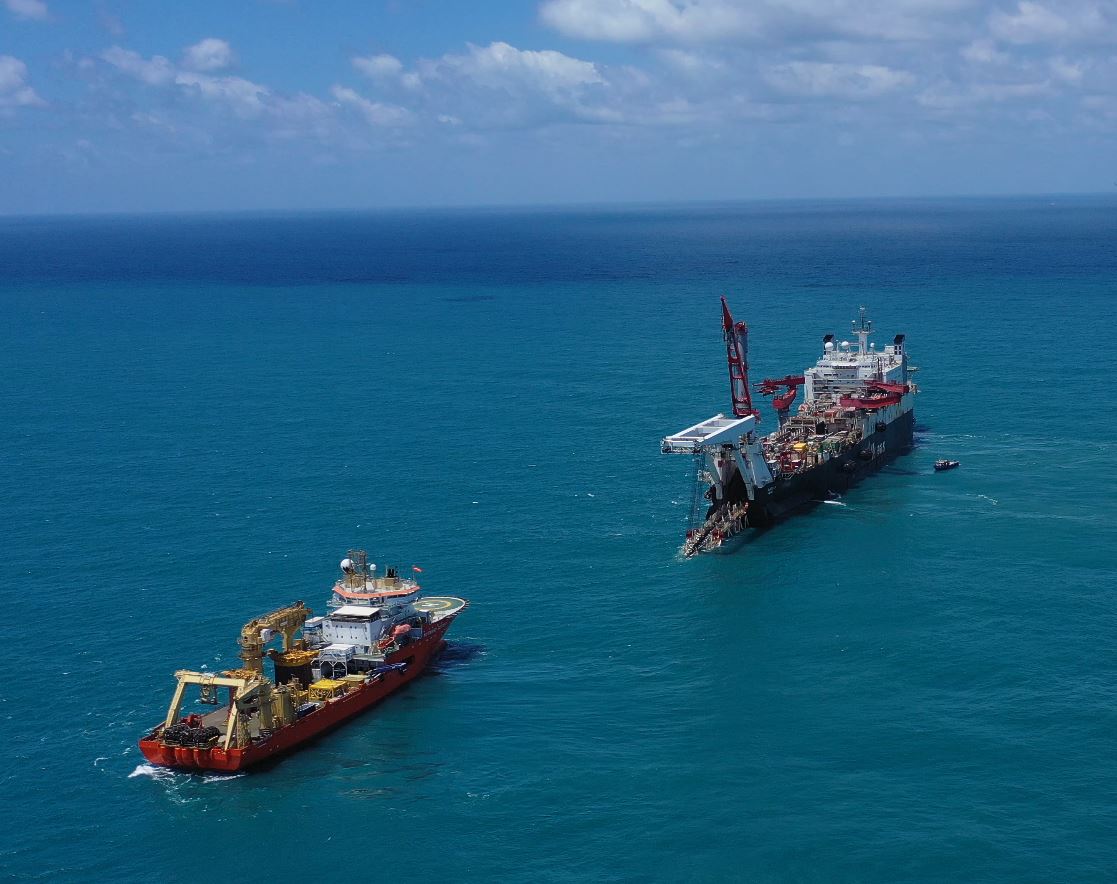Trump Plans to Block $14.6B Massachusetts Wind Project
The Trump administration is moving to block the development of more offshore wind projects, the latest in a series of high-profile setbacks for an industry that’s caught the president’s ire.


BEIRUT, July 4 (Reuters) – Lebanon’s prime minister on Monday criticized as risky and unacceptable any unofficial dealings over its sea border row with Israel, after the powerful Hezbollah movement sent three drones towards an Israeli gas rig that were shot down.
Hezbollah launched its operation on Saturday following long-standing but so far fruitless U.S.-mediated efforts to agree on a maritime border between the two countries near an area where Israel has made large natural gas discoveries.
“Lebanon considers that any action outside the framework of the state’s responsibility and the diplomatic context in which the negotiations are happening is unacceptable and exposes (Lebanon) to unnecessary risks,” a statement by the office of Prime Minister designate Najib Mikati office said.
The statement was issued following a meeting between Mikati and Foreign Minister Abdallah Bou Habib.
The statement called for “everyone, without exception” to stand behind the Lebanese state in the negotiation process, which it said had reached “advanced stages.”
Hezbollah said on Saturday the drones, launched towards the Karish gas field in waters claimed by both countries, had successfully carried out a reconnaissance mission and said “the message was delivered.”
The Israeli military said it had intercepted the drones, the first time an Israeli naval ship had downed an incoming target.
Israeli Defence Minister Benny Gantz said after the incident that Hezbollah was “preventing the state of Lebanon from reaching an agreement regarding maritime borders.”
Hezbollah sends drones toward Israeli gas rig in disputed waters.
Reporting by Timour Azhari; Writing by Timour Azhari; Editing by William Maclean
(c) Copyright Thomson Reuters 2022.

Sign up for gCaptain’s newsletter and never miss an update

Subscribe to gCaptain Daily and stay informed with the latest global maritime and offshore news


Stay informed with the latest maritime and offshore news, delivered daily straight to your inbox
Essential news coupled with the finest maritime content sourced from across the globe.
Sign Up